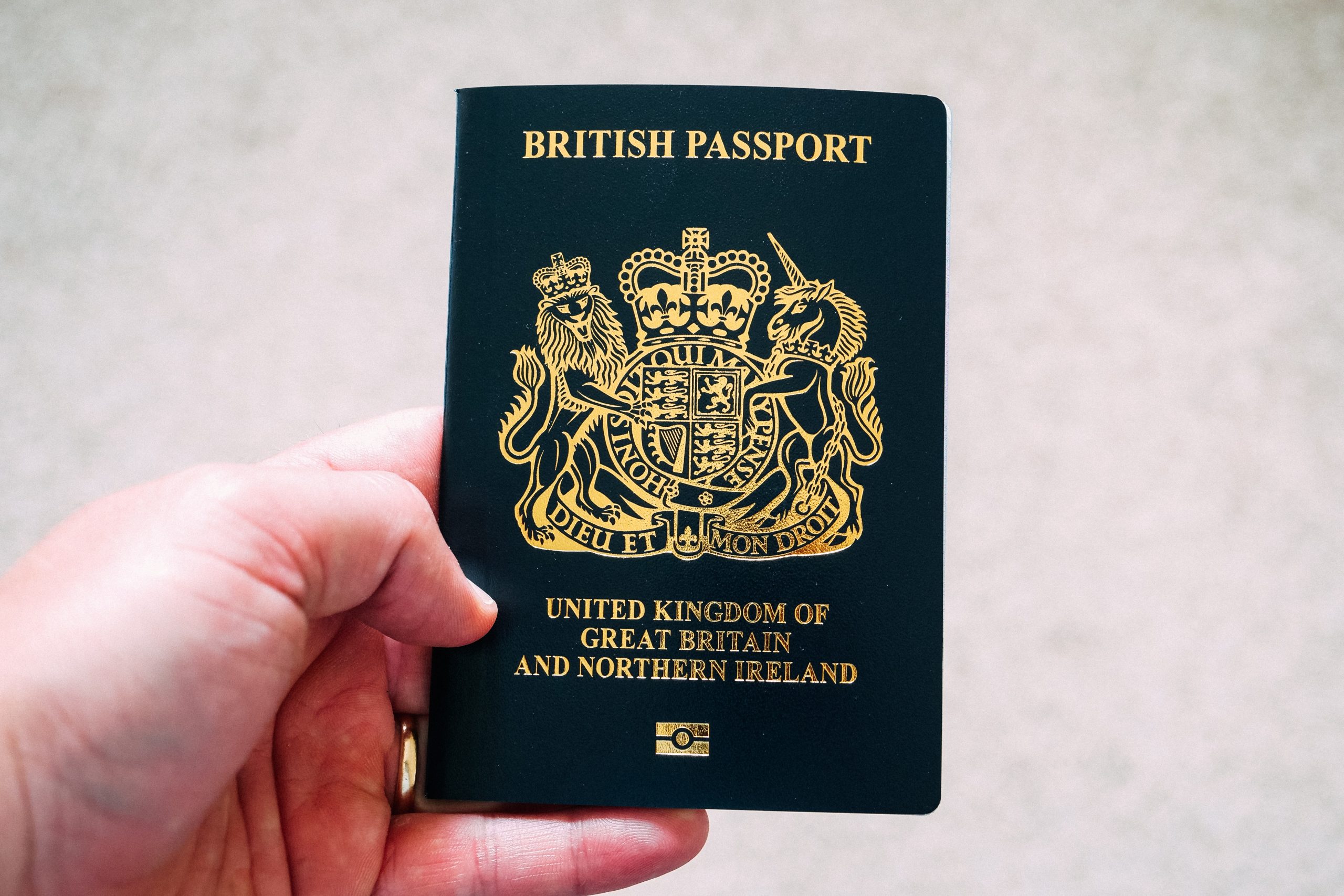
According to the “90/180 rule,” British nationals may only stay in the European Union for a total of ninety (90) days in any 180-day period.
Since Britain has left the European Union, its citizens no longer have the same freedom of movement throughout the EU. It makes it more difficult for them to travel, work, and even reside in other EU countries.
Can I stay in the European Union with my British passport, and for how long?
If you traveled to the Schengen Area on January 1, 2023, your allowable stay under the 90/180 rule would extend until the end of March. After this period, a departure from the Schengen Area is mandatory, and re-entry is only permissible after an additional three months, around late June.
Complex Travel Plans and Calculations
Most travel itineraries are more complex. It’s crucial to consider, on any given day of intended travel to the Schengen Area, how many days you have already spent there in the preceding 180 days, which is approximately six months.
Tracking Your Travel with Passport Stamps
Your passport should have stamps indicating your entries and exits from the countries within the Schengen Area. These stamps help you and border control staff determine your total stay duration. Importantly, both your days of entry and departure are counted in the total, even during brief stays.
Determining Eligibility for Entry
You’re generally eligible to enter the Schengen Area if you have spent fewer than 90 days there in the last 180 days. This duration is calculated on a “rolling count” basis, ensuring that your stay aligns with the 90/180 rule.
What is the 90/180 Rule?
The 90/180 Rule is a key regulation for British passport holders in the Schengen Area, allowing a stay of up to 90 days within any 180-day period. This limit is cumulative, counting both consecutive and non-consecutive days.
Consequences of Overstaying
Overstaying the 90-day limit can lead to penalties such as fines, deportation, or bans from re-entering the Schengen Area.
Exemptions and Special Circumstances
Exceptions to the rule, like medical emergencies, are rare and require proof.
Applicability to Schengen and Non-Schengen Countries
The rule specifically applies to the Schengen Area. Non-Schengen EU countries have their own entry regulations.
Current EU Entry Rules for British Citizens
Post-Brexit, the rules for British citizens traveling to the EU have changed significantly. Here’s an overview of the current entry rules:
Visa-Free Travel for Short Stays
British citizens can travel to EU countries without a visa for short stays, typically up to 90 days within a 180-day period in the Schengen Area. This applies to tourism, visiting family or friends, and attending business meetings or cultural events.
Passport Requirements
A passport is required for entry into the EU. It must be less than 10 years old on the day of entering the EU. The passport must be valid for at least three months after the planned departure date from the EU.
No Use of EU/EEA/Swiss Lanes at Borders
British travelers can no longer use the EU, EEA, or Swiss lanes at border checkpoints and are subject to additional screenings.
Health Insurance and Sufficient Funds
Travelers may need to show proof of sufficient funds for their stay and have comprehensive travel insurance that covers healthcare.
Longer Stays and Working in the EU
For longer stays that exceed 90 days, British citizens will need to apply for a visa or a permit as per the regulations of the EU country.
Driving in the EU
A UK driving license is generally acceptable, but an International Driving Permit may be required in certain EU countries.
What Effect Does It Have On British Citizens?
Before the United Kingdom’s exit from the European Union, its citizens were free to reside in any other EU member state for as long as they wished. British people will be treated as third-party nationals in Spain and the Schengen Area after the UK’s actual exit from the EU. That’s right; they’re subject to the same regulations as their counterparts in the United States, Australia, and Japan.





